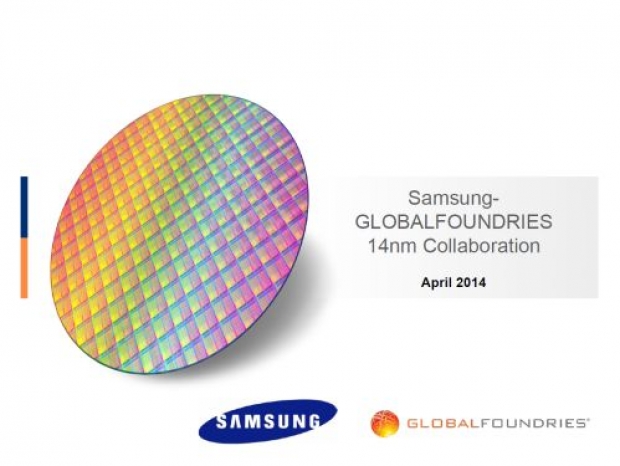It turns out that the Exynos 7240 was manufactured in 14nm and that going with octa-core with four Cortex-A57 and four Cortex-A53 was an incredibly huge risk. Samsung had a nice run with 20nm parts for the Galaxy Note 4 that used an in-house Exynos 5433 SoC in many markets. This was the world's first Android based 20nm SoC that used Cortex-A57 and Cortex-A53 cores. Samsung used 20nm Exynos 5433 for some markets, while most other markets like the US were covered by the Snapdragon 805 with a Cat 6 LTE modem.
We also learned that Snapdragon 810 will also ship in some Galaxy S6 and S6 Edge phones because of its modem technology advantage over Samsung's Exynos. It all depends on the market.
Many industry figures expected that Samsung would announce two versions of the Galaxy S6, one with Exynos for a few small markets, and the other version for most of the world with Snapdragon 810.
What happened is that 14nm yields for Exynos 7240 were significantly better than Samsung or anyone else in the industry expected. This includes Qualcomm, Intel, TSMC - you name it - and people still cannot believe that Samsung recovered so well from disastrous 20nm yields in its fabs. This is the reason why Samsung decided that most of its Galaxy S6 and S6 Edge should ship with Exynos and a smaller number with Snapdragon 810 SoCs.
The 14nm Exynos 7240 uses Cortex-A57 and Cortex-A53 cores and delivers a slight increase in speed that got up from 1.9GHz with Exynos 5433 to 2.1GHz for A57 cores and from 1.3GHz to 1.5GHz on A53 cores. At the same time 14nm means that Samsung needs less power to run the chip, while reaping more performance.
So despite the fact that Samsung is a huge and important player, they were essentially lucky with Exynos 7240 its good yields on 14nm. Qualcomm is working hard to release Snapdragon 820 and challenge Samsung's new chip. The fact that Samsung relies on the plain Cortex design from ARM will probably cost it leadership in the near future, as in 2015 some of the big boys have custom, in-house CPU cores.
We remembered that Nvidia's Jen-Hsung Huang said that the company could not get into Apple or Samsung and that they could only play in other market niches, and guess what - he was right about that. Bottom line - Apple, Qualcomm and Nvidia do custom cores, while Samsung, Hisilicon and MediaTek still rely on reference ARM cores.




